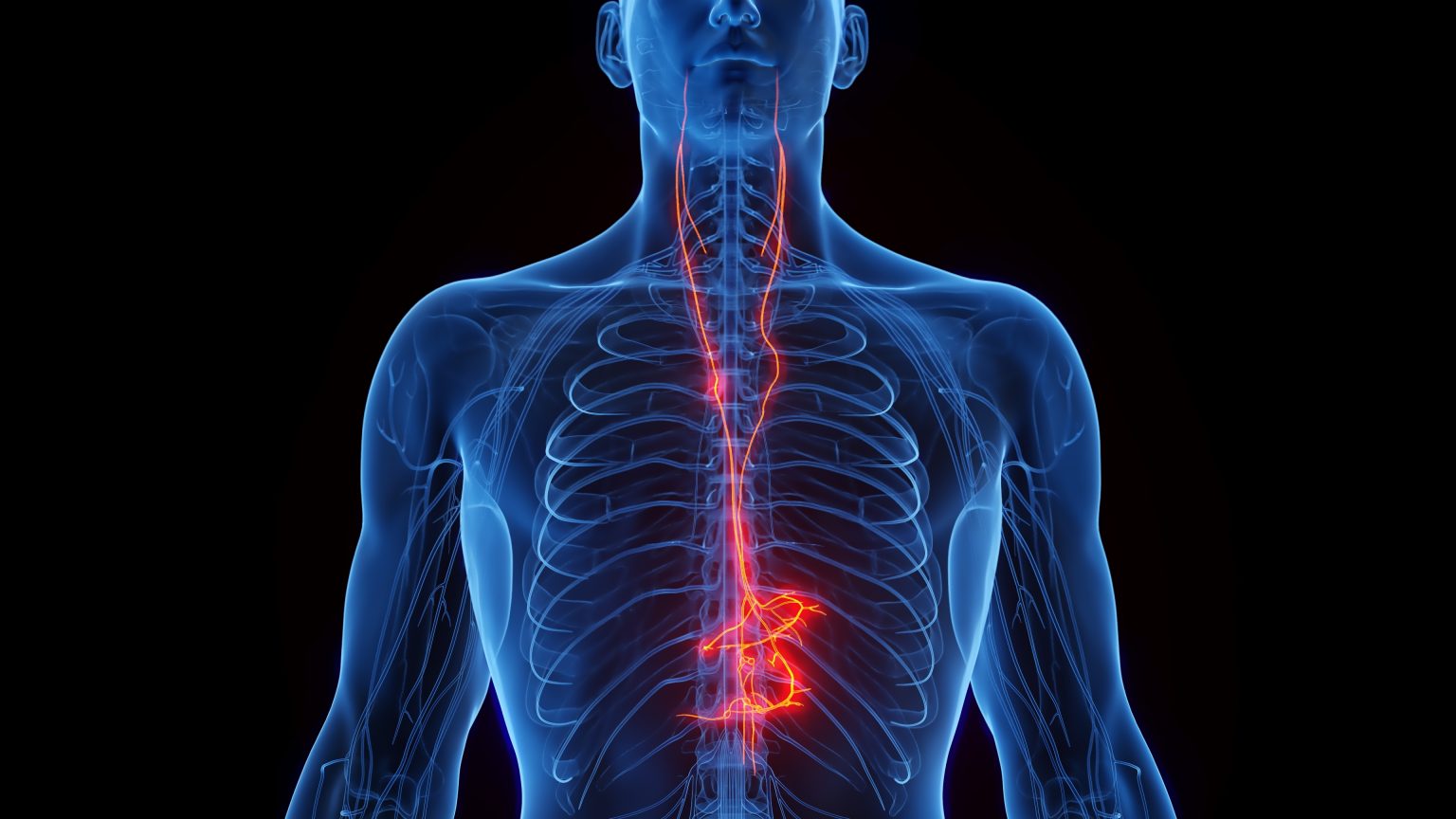What is Extremity adjustment
The procedure of manipulating the joints up and down the arms and legs introduce motion within that joint is known as extremity adjustments. You can imagine how vital these types of changes are if your shoulder or wrist has ever frozen upon you.
When joints lose their range of motion, they begin to deteriorate over time. Any joint, from the wrists to the shoulders, elbows, hips, and knees, can improve from an adjustment.
For most people, chiropractic care is seen as solely focused on the spine, and this is correct; spinal adjustments are an important part of what chiropractors do. The chiropractic technique, on the other hand, can be utilised to treat issues with other sections of the body, and there are many instances where extremity adjustments are needed to alleviate spinal pain!
Joints, which include the jaw, shoulders, elbows, wrists, hips, knees, and ankles, are the points where your bones contact. The majority of your joints are engineered to allow for a specific range of motion. This necessitates the proper functioning of your bones, muscles, and connective tissues.
The nerves that connect your legs, arms, hands, and feet must also be able to transmit and receive accurate information from your brain. Misalignment of the bones, soft-tissue constraints, nerve impingement, and inflammation can all create discomfort and obstruct appropriate function within your joints. Acute (sudden) trauma, and chronic overuse or misuse, can result in these issues.
How can extremity adjustments help?
In other circumstances, extremity adjustments are used in conjunction with other treatments, such as laser pain reduction therapy, soft tissue manipulation, and suitable stretches and exercises for the affected joint (s). A brace, medicines, physical therapy, or surgery may be recommended by your general practitioner or orthopaedic surgeon and your chiropractor may work with him or her.
Each joint has its own set of adjustments based on the muscles and bones that make up that joint. For example, your chiropractor can modify eight separate wrist (carpal) bones to treat carpal tunnel syndrome. The lunate (middle bone) can occasionally slip forward, producing pain, and surgical correction to that bone can typically provide significant relief.
Benefits of extremity adjustments
It helps maintain balance in the body.
First and foremost, it benefits your whole body mechanics. When one portion of your body isn’t working properly, the rest of your body must compensate. When you injure your ankle, for example, you instinctively transfer your weight to the other foot when walking to relieve strain on that joint. While it may appear to help in the short term, it is essential to address the issue so that your body’s various parts can continue carrying their usual duties. If your ankle is out of place and your joints aren’t moving properly, nerve pressure in your extremities might develop, limiting your range of motion, among other things. If your ankle is out of alignment, having it adjusted can help you get back on track and avoid overcompensating, which can lead to global shifts and misalignments.
Improve body mechanics
Understanding the importance of how your body is connected is linked to the second benefit of extremities adjustments: body mechanics. We discussed shifting your weight when walking to relieve strain on your wounded ankle in the last scenario. What might go unnoticed is how much stress you’re placing on your other joints by doing so. You’ll walk in a different way, which will cause your hips to adjust. Your “good” foot will be put under more strain. Adjusting your walk, whether you realise it or not, shifts your spine; this might influence your upper body as well. Your equilibrium is off, so you adapt by shifting your shoulders and tilting your head slightly without even realising it.
Staying healthy and being more active
This gets us to the third benefit: how extremity modifications influence athletes and how they help us all stay healthy while exercising. I’m sure you’re already thinking about that misaligned ankle and how it’s affecting the entire system. This is a potentially perilous circumstance for athletes. If a part of their body, such as their ankle, is weaker than other parts, exerting strain on it can result in serious damage. Keeping the spine and all of the extremities aligned allows athletes to function at their best.
Vital treatments for the whole body
The fourth benefit is that extremity modifications are included in whole-body vitalistic treatments. Again, the example of the wounded ankle above demonstrates how a single breakdown of a biological system may throw everything out of balance. Everything is connected, and it is critical to maintaining everything to the best of our abilities to prevent placing stress on other parts of the body. The TMJ (temporomandibular joint) is a joint that undergoes a lot of stress, whether it’s from chewing food or grinding teeth at night. Many individuals don’t even consider it until it becomes a problem. It’s the small joint between your jaw and your temple, right next to your ear. While opening or closing your jaw, you can feel it. Because it is so close to the ear, even a slight change can induce headaches, earaches, and ringing in the ears. Allowing a chiropractor to adjust it can provide not only relief but also help your body return to normal function. An out-of-place ankle can easily migrate up your leg, causing problems with your hips and spine.
Conclusion
Falcon Health Clinic, based out of Sussex, UK, is fully equipped with providing you with the best-extremity adjustment chiropractic services. If you’re in pain and feel uncomfortable, we strongly suggest you not delay it anymore and book an appointment today!






